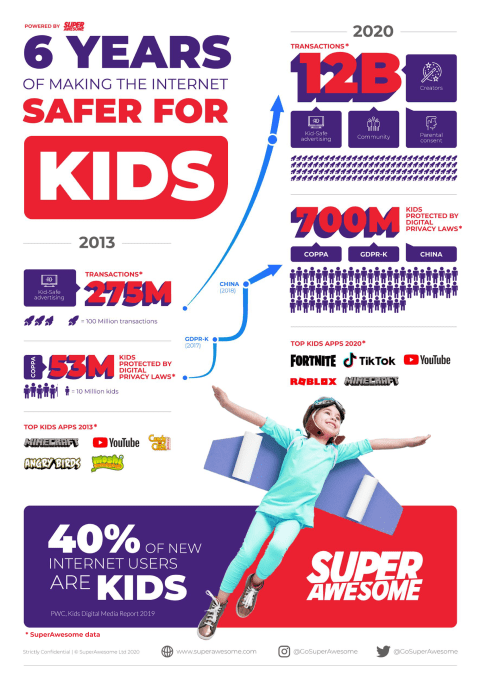Labor markets, particularly those in the tech industry, are incredibly lopsided against employees. Companies screen, interview, and negotiate with thousands of candidates per year, while employees may only go through recruiting a handful of times in their lives. Inevitably, they can select the wrong positions, pick the wrong managers to work with, and end up with a salary well below market rate.
New York City-based Free Agency wants to become the advocate of choice for this high-priced talent. Taking its cue from Hollywood and the sports world, the growing startup wants to identify great workers and offer them the career counseling, interview guidance, and salary negotiation prowess to let them do their best work — and at the right wage.
The company, which was founded last year by Sherveen Mashayekhi and Alex Rothberg, exclusively told TechCrunch that it has now reached 100 “Free Agents” on its platform, and it also announced that it has netted a combined $5.35 million in seed investments led by Resolute Ventures and Bloomberg Beta last year.
The way Free Agency works is simple. In exchange for the service’s help in finding and negotiating a career change, the startup takes 5-10% of its client’s first-year salary at their new company. As an example, given that median tech salaries at top companies have hovered around $200,000, that would be a fee of $10,000-$20,000.
That may sound exorbitant, but for the founders of Free Agency, it is anything but. They believe that many employees regularly fail to find the most ideal companies to work for and to negotiate the best salaries, which means that a significant amount of money is being left on the table by their potential clients.

Free Agency founders Alex Rothberg, COO, and Sherveen Mashayekhi, CEO. Photo via Free Agency.
“Our business model keeps us incentive-aligned with the candidate, driven by outcomes rather than upfront fees,” Mashayekhi, who is CEO, explained to me. “But it’s also important to note that Free Agency is, philosophically, also aligned with what employers want. Happy candidates who feel fairly paid will remain at their jobs longer and contribute more productivity. We help make happy candidates.”
Free Agency is in many ways a parallel to the rise of income-share agreements (ISAs) in the edtech world, which my colleague Eric Peckham has written about extensively in recent months. In lieu of tuition, some new education startups are using ISAs as a way to guarantee better employment outcomes for students while limiting their debt burden. Their growing popularity has spawned significant investor interest.
Today, Free Agency is barely one year old with just about 11 employees on the payroll. Longer term though, it wants to manage the budding careers of tech workers in much the way that Hollywood agents often do — finding new projects to work on, helping its talent develop their own skills, brands, and thought leadership, and helping them network with key decision-makers so they get called upon when great new opportunities arise.
“Today, we’re focused primarily on the job search inflection point, but Free Agency is really a career-long partner. You’ll see us continue to add ways to help our Free Agents succeed along 5 or 10 years of partnerships through intentional career management,” Mashayekhi said.
Talent agents exist in industries like Hollywood, book publishing, and sports because the talent themselves often don’t want to take on the burdens of managing their own careers. Film directors and baseball pitchers want to practice and hone their craft, not spend hours negotiating with studio execs and club owners. Agents also are more up-to-date on industry salary trends, and also where new opportunities are arising. Plus, they often work with talent managers to optimize all the ancillary revenues that comes from these careers (product endorsements, speaker engagements, etc.)
Furthermore, these industries have extremely strong superstar income patterns, where top talent can easily make tens of millions if not hundreds of millions of dollars over the course of a career.
While the tech industry has traditionally not had agents, tech talent is increasingly having similar superstar properties. Star engineers, product managers, and designers can make tens of millions of dollars across salary and equity packages, and often have a range of ancillary revenue sources from consulting engagements with VC firms to lecture circuit payments. Even better, new talent is often making six-figures, whereas the early years in an entertainment or sports career is often focused on securing any paying job.
What remains to be see is whether engineers will willingly give up a segment of their income in order to get better career help. Certainly Free Agency is not the first company that has tried to tackle this emerging field. 10x Management is a talent agency that has focused on vetting top freelance developers, and was profiled in The New Yorker a few years ago. Other startups have also entered the space over the past decade.
Free Agency believes it has the timing and service quality to win this market. While it is early days, much like the excitement around ISAs in education, I expect models like Free Agency to increasingly become popular as a way to manage our careers, and this is one startup worth paying attention to in the coming years.
In addition to Resolute and Bloomberg, Ludlow Ventures, Background Capital, Parker Thompson, Will Oberndorf, Amrit Saxena, Jenny Fielding, Greg Schroy, Gordon Wintrob, and Orrick LLP also joined the round as investors.
Source: Tech Crunch



